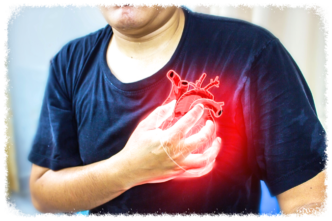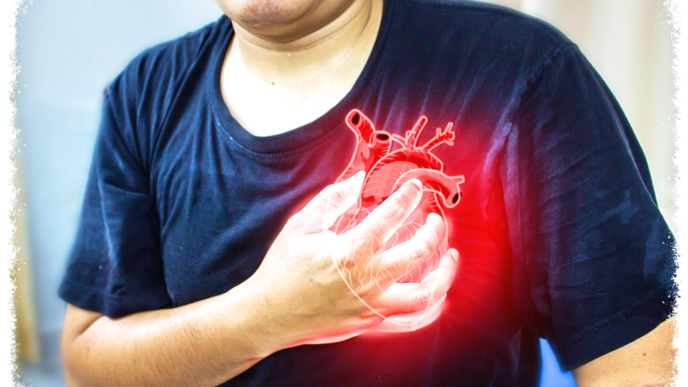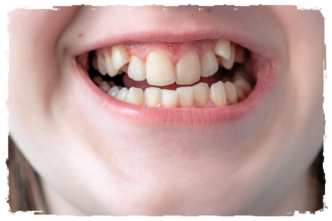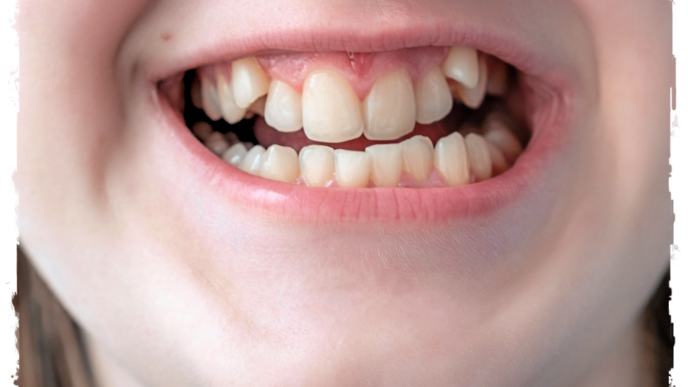WORDS DR CHIENG JIN YU
 FEATURED EXPERT FEATURED EXPERTDR CHIENG JIN YU Consultant Physician, Gastroenterologist and Hepatologist Pantai Hospital Ampang |
WILL EATING A LARGE AMOUNT OF SPICY AND MALA FOODS DAMAGE MY DIGESTIVE ORGANS?
No, eating spicy and mala foods won’t damage our digestive organs directly.
However, consuming a lot of spicy and mala food can be one of the factors that aggravate or worsen existing digesting issues.
CAN SPICY FOODS CAUSE CANCER?
A meta-analysis of evidence obtained from 39 case control studies, published in 2017, suggested that a higher level of spicy food intake may be associated with an increased incidence of cancer, despite significant heterogeneity or inconsistencies in the results of these studies.
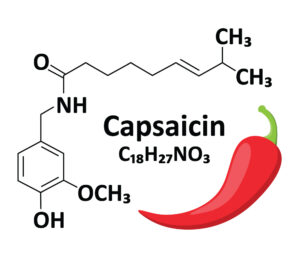
Such inconsistencies can be seen in certain studies on capsaicin or trans-8-metil-vanillyl-6-nonenamida, which is the major pungent active substance of spicy foods such as chili, kimchi and pepper.
Some animal studies had identified the association between capsaicin and cancer. Researchers have found that approximately 60% of rats that were fed a semi-synthetic diet containing 10% chilies eventually developed neoplastic changes in the liver.
Meanwhile, Korean researchers conducting the effects of capsaicin on humans had proposed that capsaicin alters the metabolism of chemical carcinogens, which are chemicals that have the potential to cause cancer, thus promoting cancer formation at high doses.
However, not all studies on capsaicin yield consistent results. While some suggested that capsaicin is a carcinogen, other studies suggested that it could instead help reduce one’s risk of certain cancers!
Clearly, more research is needed before we can make any conclusions about capsaicin and cancer.
CAN THESE FOODS CAUSE ULCERS?
Spicy foods themselves don’t cause ulcers.
In fact, they can help prevent ulcer formation by stopping the growth of the bacteria responsible for these ulcers in the digestive tract!
THE TAKE HOME MESSAGE
Just like with other types of foods, spicy or mala foods should be consumed in moderation.
| However, patients with certain digestive disorders such as inflammatory bowel disease (IBD), irritable bowel syndrome (IBS), and coeliac disease should avoid spicy or mala foods. |
| This article is part of our series on foods and how consuming these foods can affect various aspects of our health. |
References:
- Chen, Y. H., Zou, X. N., Zheng, T. Z., Zhou, Q., Qiu, H., Chen, Y. L., He, M., Du, J., Lei, H. K., & Zhao, P. (2017). High spicy food intake and risk of cancer: A meta-analysis of case-control studies. Chinese medical journal, 130(18), 2241–2250. https://doi.org/10.4103/0366-6999.213968
- Lee, B. M., & Park, K. K. (2003). Beneficial and adverse effects of chemopreventive agents. Mutation research, 523-524, 265–278. https://doi.org/10.1016/s0027-5107(02)00342-1









